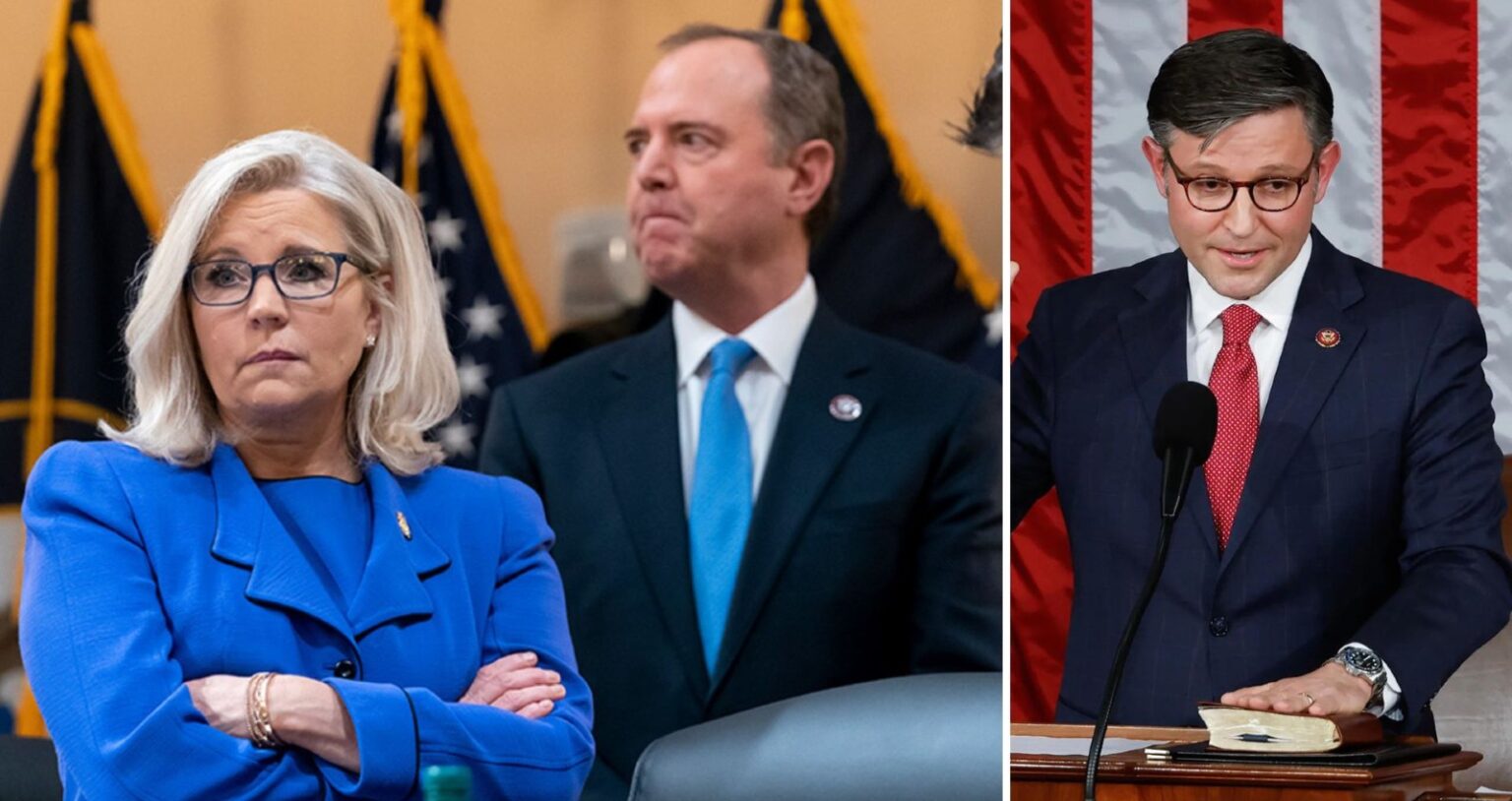House Speaker Mike Johnson has pledged to formalize Representative Barry Loudermilk’s ongoing investigation into the January 6, 2021, Capitol attack by creating a new committee. This move signals the GOP’s intent to maintain focus on its narrative about the Capitol breach and related security failures. Loudermilk revealed that discussions are underway to structure the new panel, potentially granting Johnson greater control over its composition and operations.
“It was so singularly focused that basically Trump created this entire problem,” Loudermilk said, referring to the original January 6 select committee led by Adam Schiff and Liz Cheney. He argued that the issue was more complex, involving multiple levels of failure. Johnson has committed to ensuring the new committee is “fully funded” to investigate not only the events of January 6 but also the actions of the original committee.
GOP Strategy Extends Beyond January 6
Republicans are leveraging their control of Congress and the White House to revisit politically charged investigations. CNN reports that the GOP has reissued subpoenas tied to President Joe Biden’s handling of classified documents and the Hunter Biden tax case. These subpoenas aim to continue efforts stalled by legal challenges in the previous Congress.
Additionally, Loudermilk’s work has included calls for the FBI to investigate former GOP Representative Liz Cheney, keeping the spotlight on Trump’s critics within the Republican Party. By launching this new committee, the GOP seeks to redirect blame for the Capitol attack and undermine the narrative presented by the original January 6 select committee.
Schiff and Democratic Concerns Over Pardons
Amid the GOP’s renewed focus on January 6, Senator Adam Schiff has addressed reports that President Joe Biden may consider issuing preemptive pardons for himself and other Democrats involved in the original investigation. Speaking to CNN’s Dana Bash, Schiff expressed reservations about such a move.
“It would be the wrong precedent to set,” Schiff said, warning that future presidents could abuse such powers. While Schiff acknowledged the protection provided by the Speech and Debate Clause for members of Congress, he emphasized that pardons could complicate political dynamics.
Schiff also defended the work of the January 6 committee, stating, “We’re all enormously proud of the work that we did. We stand by it.” He urged Biden to avoid setting a broad precedent, adding that targeted pardons, while controversial, should be approached with caution.
Broader Implications
The GOP’s new committee is part of a broader plan to reinforce their majority’s agenda, with a focus on revisiting high-profile cases and investigations. Democrats, on the other hand, are grappling with how to safeguard their members from potential political retribution under a Trump administration. Schiff and others argue that caution must guide decisions on pardons to prevent unintended consequences.
As Republicans move forward with their plans, the spotlight remains on their efforts to reshape the January 6 narrative and hold their political adversaries accountable. Democrats are left navigating a complex landscape, balancing protection for their members against the risks of precedent-setting actions.
